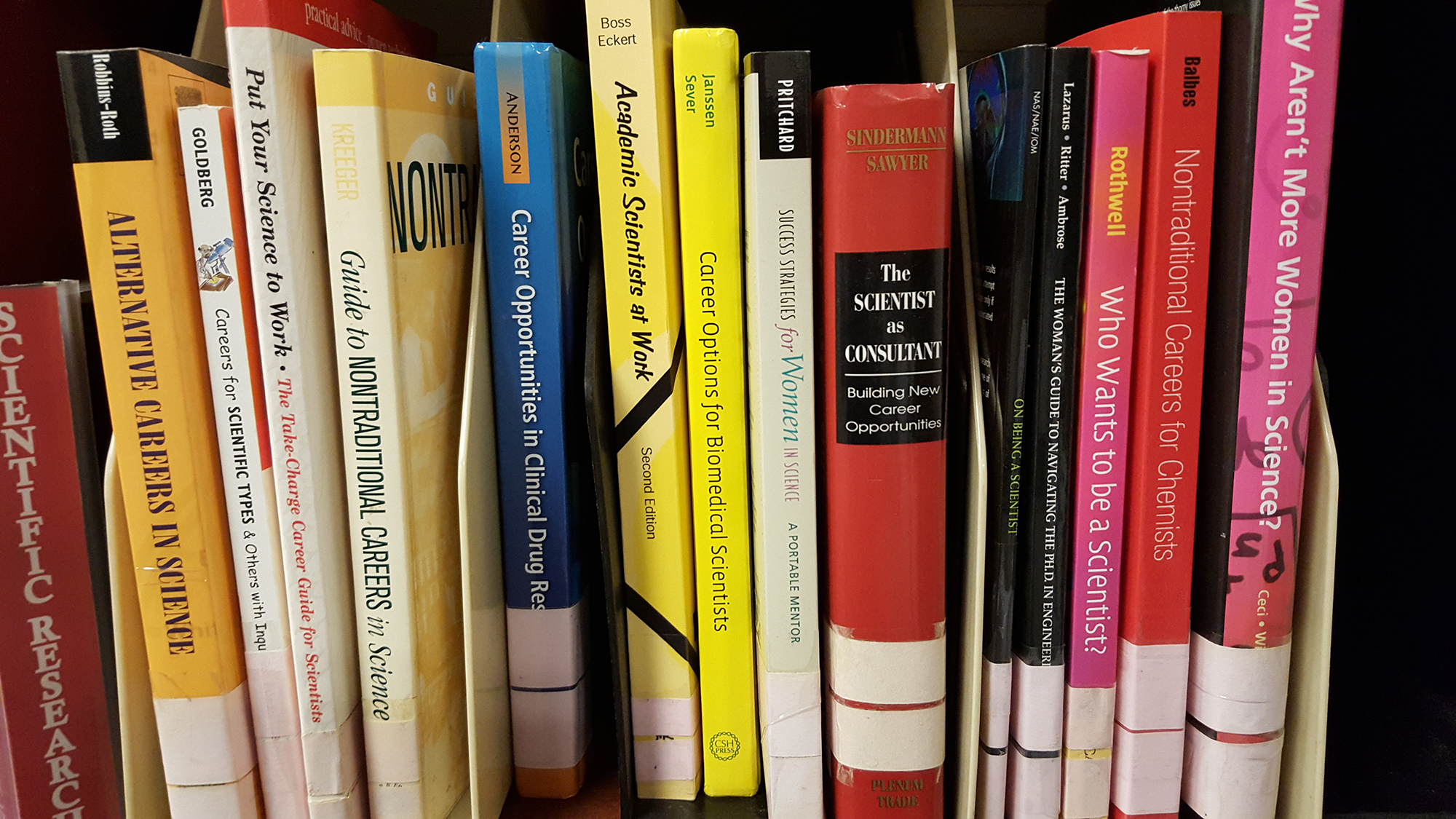Over the past two weeks I have been fortunate to attend two meetings of career center directors, where we talk shop, benchmark our services and get new ideas from each other. These meetings are invaluable, and I learn a lot.
The most interesting thing I learned about this year was a course offered at Stanford called “Designing Your Life.” Taught by Bill Burnett and Dave Evans, two professors from their D-School, the course teaches seniors a new way of solving problems: design thinking. With a belief that the future is unknowable, design thinking teaches students to build their way forward, and to re-frame problems to find actionable solutions. Since you can’t know the future, you have to prototype your way into it.
Using design thinking to solve the problem, “what do I want to do with my life,” the professors work with students to learn tools that will help them navigate life. In this approach, career planning is a way finding; their method can be used at other important times of life transition as well, not just at college graduation. I am simplifying, probably over-simplifying, what design thinking and the course are here. We all will have the opportunity to learn more in the coming months, when Burnett and Evans publish their book, Designing Your Life (Knopf, September 2016).
But I write today because this approach resonates with what I have seen in working with new graduates here at Penn. The truth is, most seniors and new graduates find planning their lives a daunting proposition. They may have a goal (I want to be a physician), and they take the first step along the road by matriculating in a medical school. Or they may want to have a career in business, so they begin their careers in consulting. They are way finding. They are taking a logical next step, and will take a next step from there, and so on. If their end goal changes, they will then find a new way. But the future is ultimately unknowable.
Dealing with the unknowable is pretty scary for 20 somethings. Those at Penn or those recently graduated have been scripted, organized, and focused on clear goals. But the next set of goals is less clear. I am fond of quoting the Cheshire Cat in Alice in Wonderland. Alice asks the cat, “What road do I take?” The cat asked, “Where do you want to go?” “I don’t know,” Alice answered. “Then,” said the cat, “it really doesn’t matter, does it?”
More students and recent graduates than you might think don’t know where they want to go. Those of us in Career Services work with students to help them gather information (about themselves and about different career fields) to make a decision about next steps. In the final analysis, a new graduate has to pick a path and try something. Seen in this way, a first job, or even graduate school, is a prototype, to be tested and built upon in some manner. But for many of us, the path becomes clear only in retrospect. We design our lives as we go.



